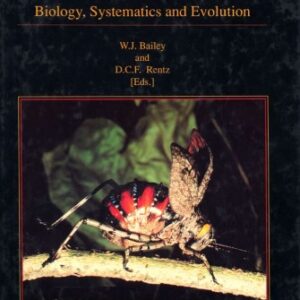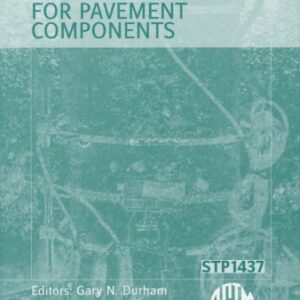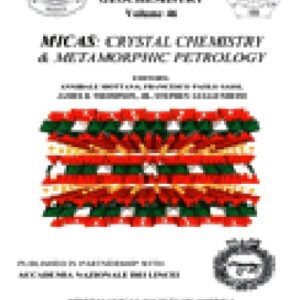Original research discusses the protocols and approaches to studying the effects of multiple environmental stressors on amphibian populations and gives new perspectives on this complicated subject. This new publication integrates a variety of stressors that can act in concert and may ultimately cause a decline in amphibian populations. Sixteen peer-reviewed papers cover: Toxicity Assessment examines methods, which range from long-established laboratory approaches for evaluating adverse chemical effects to amphibians, to methods that link chemicals in surface waters, sediments, and soils with adverse effects observed among amphibians in the field. Field and Laboratory Studies illustrates studies in the evaluation of multiple stressor effects that may lead to declining amphibian populations. A range of laboratory and field studies of chemicals, such as herbicides, insecticides, chlorinated organic compounds, metals, and complex mixtures are also included. Causal Analysis demonstrates the range of tools currently available for evaluating “cause-effect” relationships between environmental stressors and declining amphibian populations. Audience: This new publication is a must-have for scientists and resource management professionals from diverse fields, including ecotoxicology, chemistry, ecology, field biology, conservation biology, and natural resource management.
Technical
{PDF} Multiple Stressor Effects in Relation to Declining Amphibian Populations (ASTM special technical publication, 1443) Gregory L. Linder, Sherry Krest, Don Sparling and Edward E. Little, editors
$19.99






Reviews
There are no reviews yet.